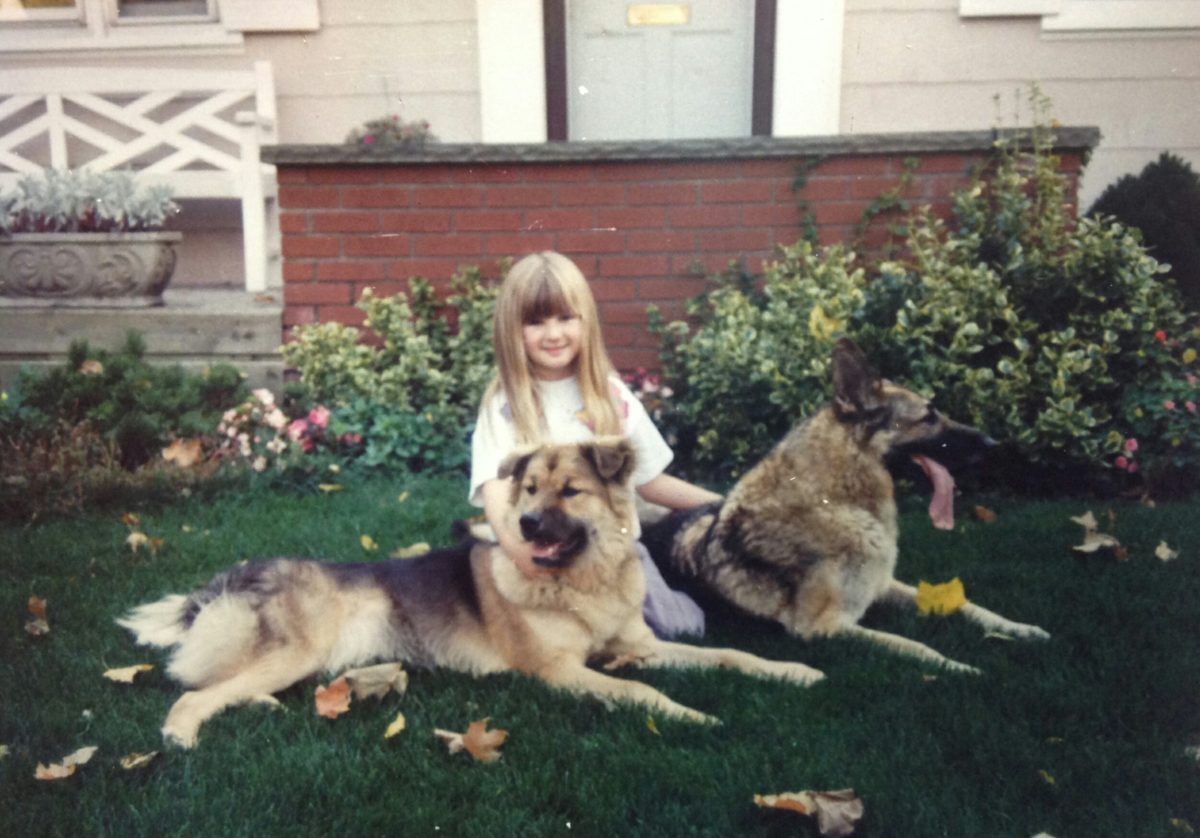
I spent my childhood playing under the shade of maple trees and running through sprinklers on manicured lawns. My best friend and I would walk past turn-of-the-century houses, down to the two strip malls to spend all our money on candy and Spice Girls photos.
Summer nights began with barbeques and the familiar sound of bagpipes playing in the distance. Mr. Vance, our neighbour who was a retired lawyer, would play them in his garage every evening until sunset. Barbeques were followed by bonfires and horseshoes at my aunt Nellie and uncle Gary’s, who lived five houses down the road.
Few children were of my age and I spent my time with my imagination, exploring neighbours’ yards, and building things in my father’s big barn of a workshop.
Waterdown was a village left out of the industrial revolution. Residents in neighbouring cities had never heard of it, but Waterdown was my whole world.
We had little more than an IGA grocery store, a BiWay and a few shops filled with books and knickknacks. We had a bowling alley, the public library and a Jumbo Video store for entertainment. The village was surrounded by farmers’ fields and woods. There were two restaurants in town, brick buildings that had barely been touched since the town’s founding. Every Victoria Day, family and neighbours would watch the parade and follow the procession down to Memorial Park for the midway and fireworks.
To attend a French high school, I had to be bussed into the “Steel City” of Hamilton. Most of my friends were fellow students, also bussed in from other neighbouring communities. We lived far apart and some moved away, but we would commute to visit each other and explore neighbouring regions. This is how I became more familiar with places like Toronto and Barrie.
While I was out discovering the world, the world began to discover Waterdown. Our village had been amalgamated into Hamilton and they built new subdivisions around the outskirts of town. For years, the sound of construction continuously rang. Blockbuster replaced Jumbo Video and the IGA became a Sobeys. McDonalds, Dairy Queen, Taco Bell, Pizza Hut and East Side Mario’s were soon built all over the village.
But 10 years ago, my parents separated and I moved to Grimsby. Once again, my circle of friends and regional awareness expanded. Every summer, I would return to the same little pink house in Waterdown and there was always a new café or store to be discovered.
By the end of 2010, I’d married a man I met in college who’d enlisted in the military. We were posted to Oromocto, the “Model Town of Canada”. It sparked memories of my childhood and hometown.
The last time I went home for Christmas, I was shocked. My father’s little pink house had forest green siding and a porch and multiple upper additions tacked on. Under the window, where I once laid in bed gazing at the trees and stars, sat a sparkling new “low-flow” toilet. My childhood bedroom became my father’s state of the art bathroom. My remaining belongings were packed up and stored away in the loft of his workshop.
New neighbours had cut down all of the trees and added additions onto their houses as well. My aunt and uncle had moved away to care for my grandparents, and strangers now occupied their house. A Target, Canadian Tire and other big box outlets had moved into town leaving the strip malls, where I’d once spent my allowance money, vacant.
I enjoy my life in Oromocto, but I always considered Waterdown as home. It broke my heart to see that the village I remember is gone. Now, more than ever, Oromocto feels like home.
